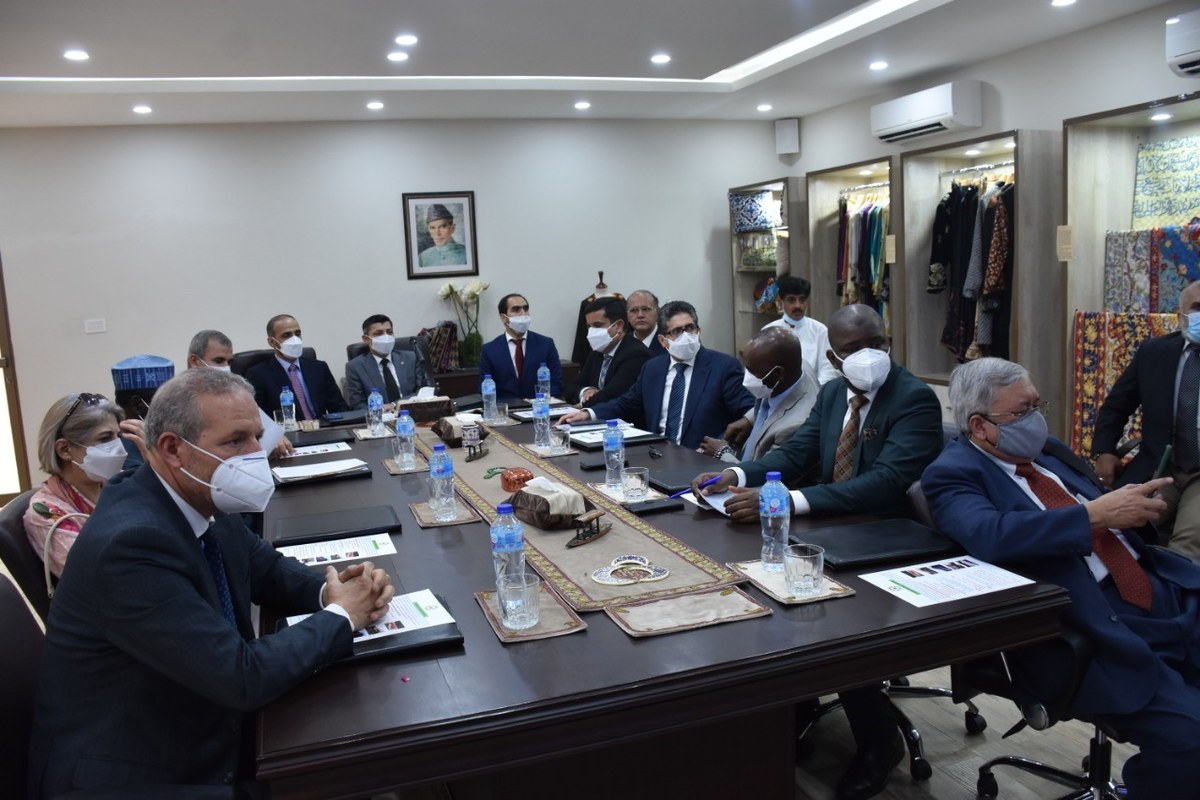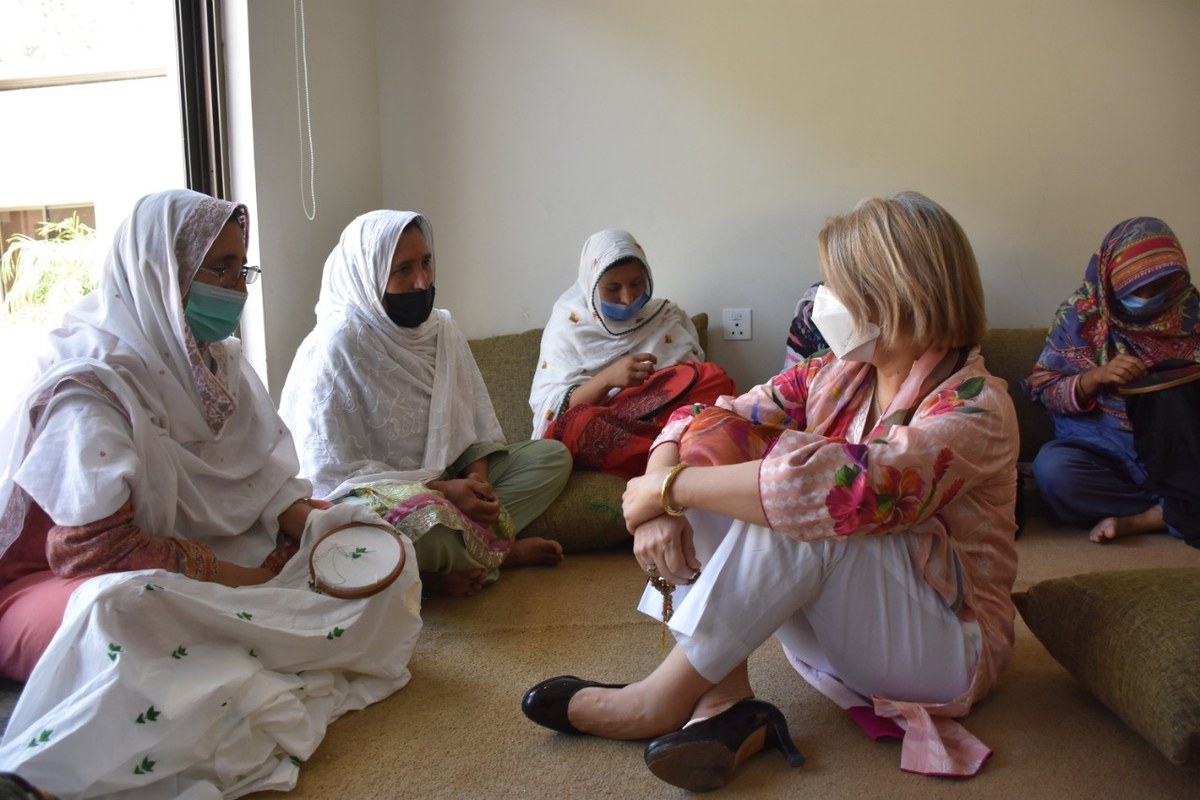ISLAMABAD: The rights commission of the Organization of Islamic Cooperation (OIC) called on India on Sunday to let international investigators enter Kashmir and assess the humanitarian situation in the disputed region.
The OIC’s Independent Permanent Human Rights Commission (IPHRC) made the appeal as its 12-member delegation completed a five-day visit to Pakistan to monitor the situation in Kashmir through the border as India denies entry to international fact-finding missions.
Kashmir has been divided between India and Pakistan since the end of British colonial rule in 1947 with both claiming the territory in full. The portion of the disputed region ruled by India has been plagued by violence, leaving tens of thousands, mostly civilians, dead.
IPHRC chairman Dr. Saeed Mohamed Abdulla Al-Ghufli of the United Arab Emirates told Arab News the OIC is receiving many complaints over rights violations in the part of Kashmir controlled by India.
“We urge the Indian government to open the door for us and for all the international organizations to visit and see the situation of Jammu and Kashmir,” Al-Ghufli said.

A delegation of the OIC’s Independent Permanent Human Rights Commission (IPHRC) is visiting a refugee camp at Thotha, Muzaffarabad on August 6, 2021. (Photo courtesy: AJK government)
“Our purpose is to monitor the human rights (situation) and write our report and show the international community the violations of human rights which people of Jammu and Kashmir have been suffering for more than 70 years.”
During the visit the IPHRC has interviewed many Kashmiris who crossed over to Pakistan from the Indian side of the region. On Saturday, the delegation visited the Line of Control, the de facto border that divides Pakistan’s Azad Jammu and Kashmir (AJK) and India’s Jammu and Kashmir.
During the AJK visit, the region’s president, Sardar Masood Khan, briefed members of the delegation about the presence of 42,000 refugees from across the divide in AJK. He also requested that the OIC establish a humanitarian corridor to aid the people on the Indian side of the border.
“We met many victims, many injured people,” Al-Ghufli said. “Jammu and Kashmir is one of these places where human rights have been violated. We will write all our observations in our report.”
Another member of the team, Fahad bin Abdullah Al-Ajlan representing Saudi Arabia, said they had found “grave violations” during meetings with refugees from Indian-controlled Kashmir.
“They expressed their suffering, and we will bring hardships faced by these people before the international community in our report,” he told Arab News.

A member of the OIC’s Independent Permanent Human Rights Commission (IPHRC) delegation meets local residents near Line of Control in Azad Kashmir, Pakistan, on August 7, 2021. (Photo courtesy: ISPR)
The OIC-IPHRC delegation included diplomats and representatives from the UAE, Uganda, Nigeria, Malaysia, Saudi Arabia, Azerbaijan, Gabon, Tunisia, Turkey and Morocco.
As they arrived in Islamabad last week, the Pakistani foreign office said the visit would be “significant in drawing international attention toward the urgent need to address the egregious human rights situation” in Indian-controlled Kashmir and to resolve the dispute in accordance with the relevant UN Security Council resolutions and the will of the Kashmiri people.
The Security Council has adopted several resolutions on the dispute, including one which says a plebiscite should be held to determine the region’s future.












